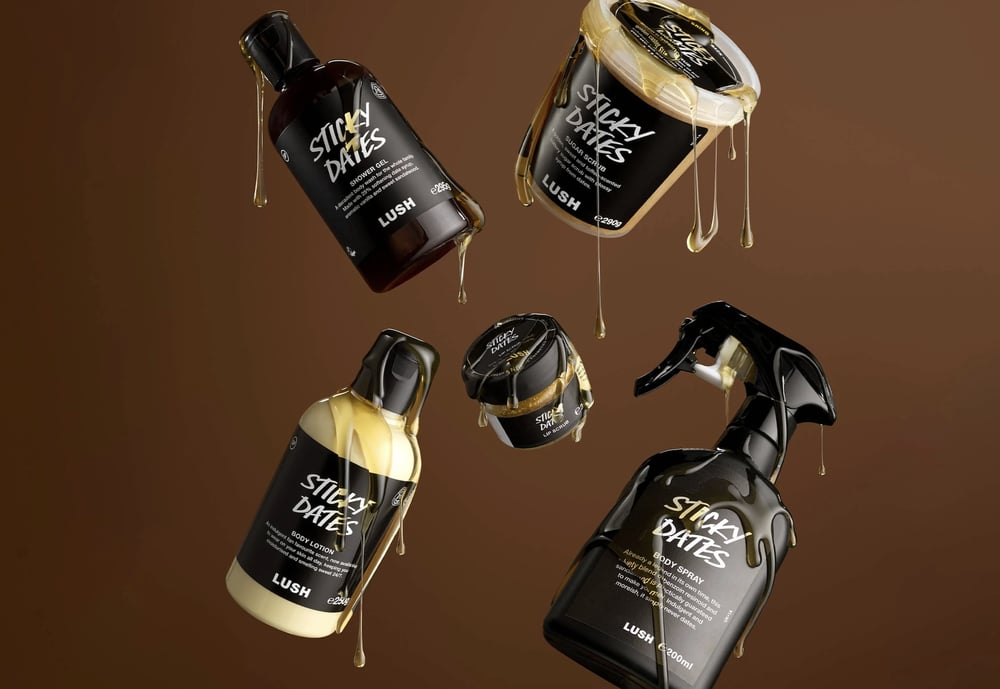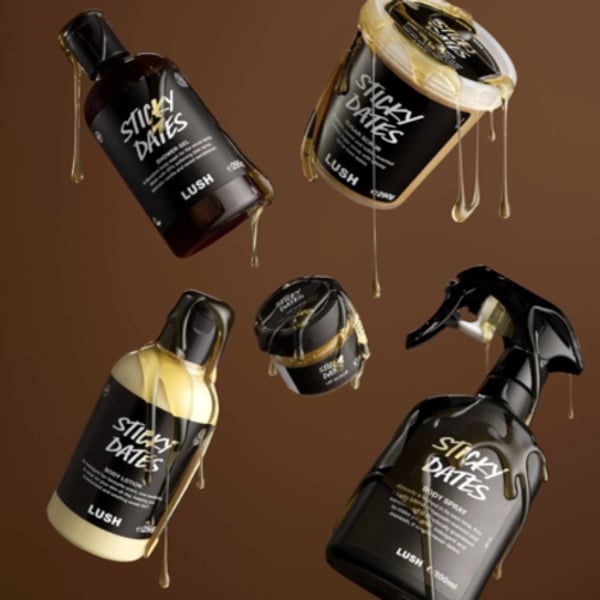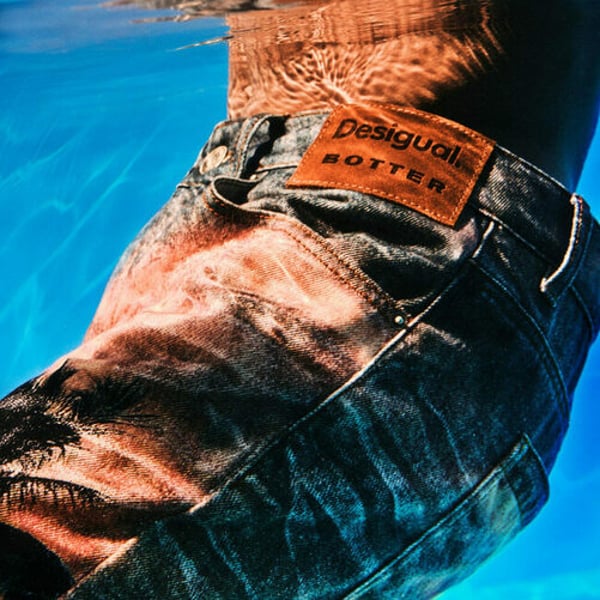Ethical beauty brand Lush has filed its accounts for the year to last June and they show turnover dropping by 5% to £674.5 million. The company also remained loss-making as it continued to invest heavily in its store estate.

The company recorded a group EBITDA loss with the previous year’s EBITDA profit of £2.1 million turning into a loss of £9.8 million this time. And the group loss before tax widened from £28.1 million last time to £42.6 million in the latest financial year.
Lush said that it had begun the year strongly with total sales growth of 5.7% in the first quarter and its collaborations, including Barbie and SpongeBob, proving popular and helping to drive both higher footfall and online traffic.
However, the second quarter delivered mixed results and it struggled to sustain the growth trajectory of Q1. December is its most important trading month but saw sales declining by 2.2%.
Yet there were also highlights to celebrate including record-breaking sales days for nearly 100 stores and for five countries, including the UK. It also recorded its highest-ever daily revenue for a single store with its new Glasgow anchor taking over £100,000.
Following Christmas, shifts in the calendar for internal product launches and seasonal events such as Easter and Mother’s Day called some monthly fluctuations but overall sales remained broadly in line with the prior year.
And in the final month of the financial year in question, its combined retail and digital sales grew 3.2%, which included positive growth in the North American market.
Other good news was that Japan was its strongest market with 8% growth and sales fully restored to pre-pandemic levels. But North America, its largest market, saw a 4% decline driven primarily by a softer performance in the US, although Canadian sales remained steady. The UK is its second-largest market and delivered 1% growth. And total sales in Europe increase 2% although they were slightly down on a like-for-like basis. Performance across larger European market such as France, Germany and Spain fell short of expectations but smaller market such as Czechia, Sweden and Hungary saw strong growth.
As mentioned, profits were dented by investment spending, but they were also affected by higher costs. Over the past two years, it said global political and economic challenges have driven unprecedented levels of cost inflation. It has prioritised mitigating significant increases in raw materials, wages and energy costs and more recently its focus has shifted towards reigniting sales growth for which it’s beginning to see positive results.
The company operates stores in 50 countries and manufacturing facilities in six countries through its subsidiaries, associates and licensees. Its total number of permanent shops at the year end was 869, of which 666 were in group subsidiaries. But digital is key too and its digital commerce continues to grow with its app now accounting for 29% of digital sales. Launching this year, Lush Club will also offer rewards, exclusive experiences and community-driven content online and in-store and should help link up the physical and digital experience further.
The company also said that having restored “some aspects of profit”, it will be looking for opportunities to build cash. To this end in 2024 it took “the sad decision” to close its Dusseldorf manufacturing site (it moved production to its location in Poole, Dorset) and it consolidated North American production into its Toronto site. If the 25% tariff for goods being exported to the US is introduced, it anticipates passing this tax directly to its American customers.
Its next aim is to increase production at its Croatian site and the firm is enhancing its many smaller Fresh Kitchen production sites around the world to improve distribution, especially to EU stores.
That said, Lush is far from a one-size-fits-all business and it said in the accounts statement that it has given the power of what to stock in the stores to the shop managers, “who are curating their stores to match local needs; and we are increasing their choice in the product ranges available”.
Lush is also increasing the number of locations “customers can shop with us opening more stores in the most successful and least volatile markets”. That means it’s anticipating new franchises in Italy and France and is working with new partners in India and Indonesia, due to open in 2026. It’s targeting around 30 outlets in these regions over the next decade, as well as more imminent expansion in Turkey and smaller markets such as Panama and Cyprus.
It stressed that while many of its competitors have closed large parts of their shop estates over the past three years, Lush is staying with the model of being available to its customers in as many places as possible. Reopening Russia remains “off-limits” as does expansion into mainland China for the time being, “despite positive changes in attitude towards compulsory animal testing”.
The company is also exploring a Lush hotel with a British partner.
Late 2024 and 2025 so far have seen a lot of changes at big businesses since Donald Trump became US president but the company also highlighted that while many businesses are using “changes in political values as an excuse to return to their true form,” it remains “steadfast in our commitment to regenerating life and leaving the world lot than we found it for people, animals and the environment”.
Copyright © 2025 FashionNetwork.com All rights reserved.






